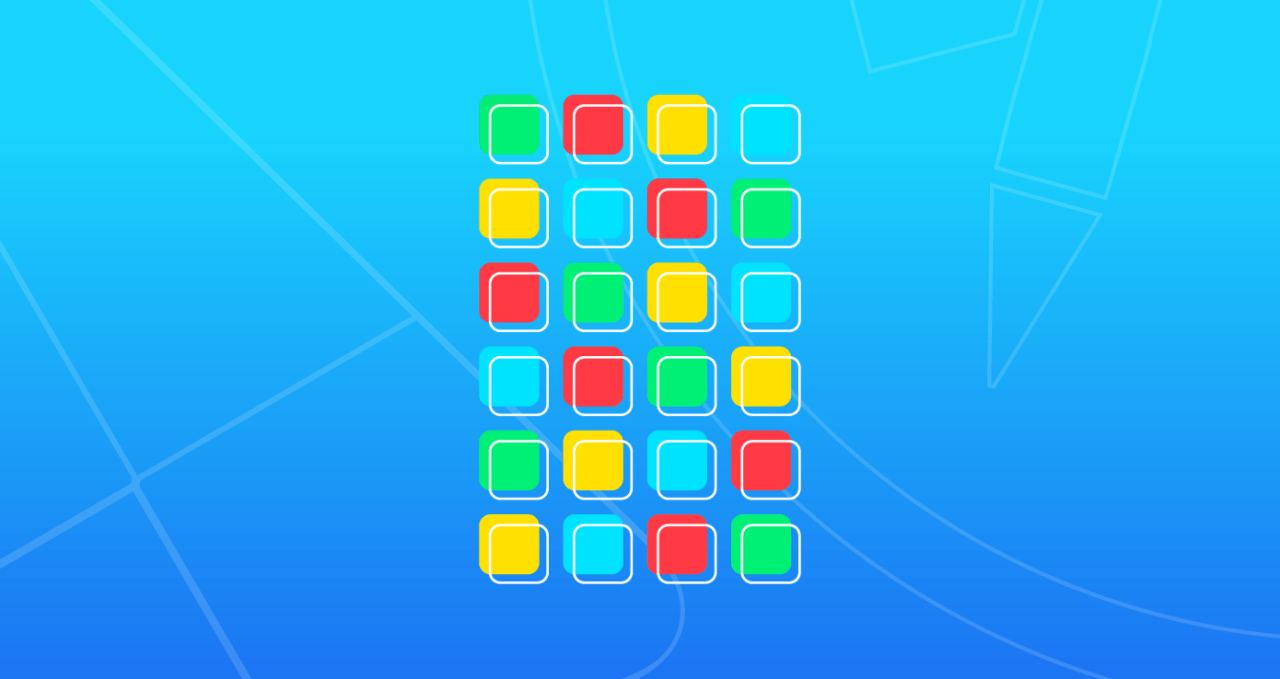Welcome to the latest installment of our series dedicated to app economy news, where we dissect the latest happenings in the mobile application world. With the evolution of AI applications, a surge of interest surrounding software ecosystems, and shifts in consumer preferences, there’s a lot to unpack from this week’s developments.
The State of the App Economy in 2023
The app economy experienced a notable paradox in 2022. Although consumer spending took its first significant dip, decreasing by 2% to $167 billion, it didn’t deter the rise in downloads. According to data.ai’s recent “State of Mobile” report, downloads surged by 11% year-over-year, reaching an impressive 255 billion. This data highlights a growing trend: while spendings might fluctuate, usage and engagement with mobile applications are on the rise – more time than ever is being dedicated to apps, with a staggering 4.1 trillion hours logged on Android devices alone.
AI Developments Take Center Stage
Recent events reveal a thrilling arms race in the AI space, primarily between Google and Microsoft. The latter made headlines by integrating OpenAI’s ChatGPT-like technology into Bing, leading to an explosive increase in the app’s download rank—recording a tenfold rise in visibility on the App Store. Conversely, Google’s AI assistant, Bard, stumbled during demonstrations, showcasing inaccuracies which raised concerns about the pace at which they are rolling out innovations.
The Competitive Landscape
- Microsoft: Positioned itself strongly with AI enhancements in Bing and Edge, emphasizing the importance of AI in modern search.
- Google: Although a giant in the tech arena, its hesitance to innovate rapidly has put it on the defensive, leading to smaller iterative AI updates rather than sweeping changes.
Emerging AI Apps and User Demand
The consumer hunger for AI-driven applications is palpable. As the market sees an influx of applications mimicking advanced chat functionalities, it raises essential questions of authenticity and reliability. In addition, Quora unveiled “Poe,” its AI chatbot platform, allowing users to interact with multiple AI chatbots, further enriching the app landscape and enhancing the user experience.
The Influence of Social Media
TikTok continues to dominate the social media space, surpassing YouTube in terms of daily usage among teenagers, compelling brands and advertisers to rethink their strategies. This trend may shape future app developments focused on social engagement and user-driven video content.
Non-WebKit Browsers: A Potential Shake-up
The ongoing discussions around browser engines have taken a more concrete form, as Mozilla and Google hint at developing non-WebKit-based browser apps for iOS. A proposed shift away from Apple’s long-standing policies could open up the market, fostering competition and innovation among browser developers.
Concluding Thoughts
The evolving app ecosystem reflects a complex interplay of user engagement, technological advancements, and market competition. As AI tools become increasingly entrenched in applications, the fierce competition between tech giants will inevitably lead to more tailored experiences for consumers. Developers and companies must be prepared to adapt to this ever-changing landscape.
At fxis.ai, we believe that such advancements are crucial for the future of AI, as they enable more comprehensive and effective solutions. Our team is continually exploring new methodologies to push the envelope in artificial intelligence, ensuring that our clients benefit from the latest technological innovations.
For more insights, updates, or to collaborate on AI development projects, stay connected with fxis.ai.

